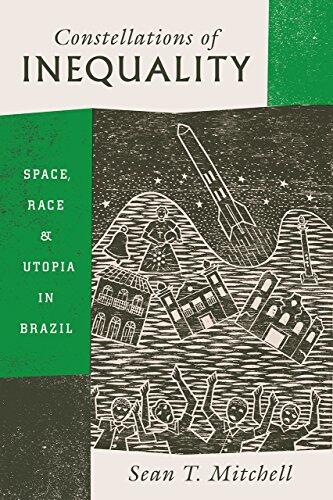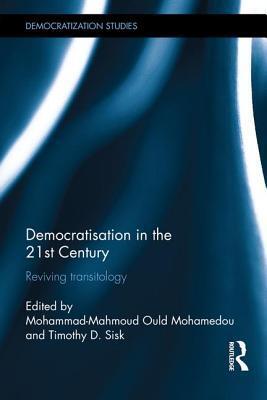
Constellations of Inequality: Space, Race, and Utopia in Brazil
작성자
Sean T. Mitchell
아직 평점이 없습니다
Science & Technology
History
형식
페이퍼백
페이지
272
언어
영어
출판됨
Dec 6, 2017
출판사
University of Chicago Press
판
1
ISBN-10
022649926X
ISBN-13
9780226499260
설명
In an exploration of Brazil's socio-political landscape, Sean T. Mitchell delves into the intricate relationships between space, race, and the ideal of utopia. The narrative is anchored in the Alcântara Peninsula, where the Brazilian Air Force set out to create a cutting-edge satellite launch facility in 1982. This ambitious project, while technologically significant, reveals the deeper undercurrents of inequality that permeate Brazilian society.
Mitchell paints a vivid picture of the region's transformation, emphasizing how these developments impact local communities. As the government prioritizes national advancement, the voices and rights of the residents often fade into the background. The author artfully critiques this dynamic, highlighting the intersection of space policy and social justice.
The book weaves together historical context and contemporary analysis, inviting readers to consider how policies regarding space affect marginalized populations. This examination of structural inequalities raises important questions about whom these advancements benefit and at what cost.
Through rich examples and thorough research, the narrative encourages a critical reflection on Brazil’s pursuit of progress. It challenges readers to envision a more equitable distribution of resources and opportunities within the sprawling tapestry of Brazilian identity.
Mitchell paints a vivid picture of the region's transformation, emphasizing how these developments impact local communities. As the government prioritizes national advancement, the voices and rights of the residents often fade into the background. The author artfully critiques this dynamic, highlighting the intersection of space policy and social justice.
The book weaves together historical context and contemporary analysis, inviting readers to consider how policies regarding space affect marginalized populations. This examination of structural inequalities raises important questions about whom these advancements benefit and at what cost.
Through rich examples and thorough research, the narrative encourages a critical reflection on Brazil’s pursuit of progress. It challenges readers to envision a more equitable distribution of resources and opportunities within the sprawling tapestry of Brazilian identity.











![[(Sustainable Soil Management)] [ Edited by Deirdre Rooney ] [March, 2013]](https://images.bookpine.com/bdbe32bc-8762-47f9-9eec-01b7ab671767.jpg)

![[(Renewable Bioresources: Scope and Modification for Non Food Applications )] [Author: Christian V. Stevens] [Jun-2004]](https://images.bookpine.com/4e14658a-f0e6-4efe-bc40-b2993dee72e3.jpg)





